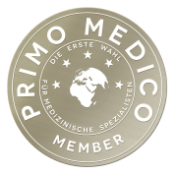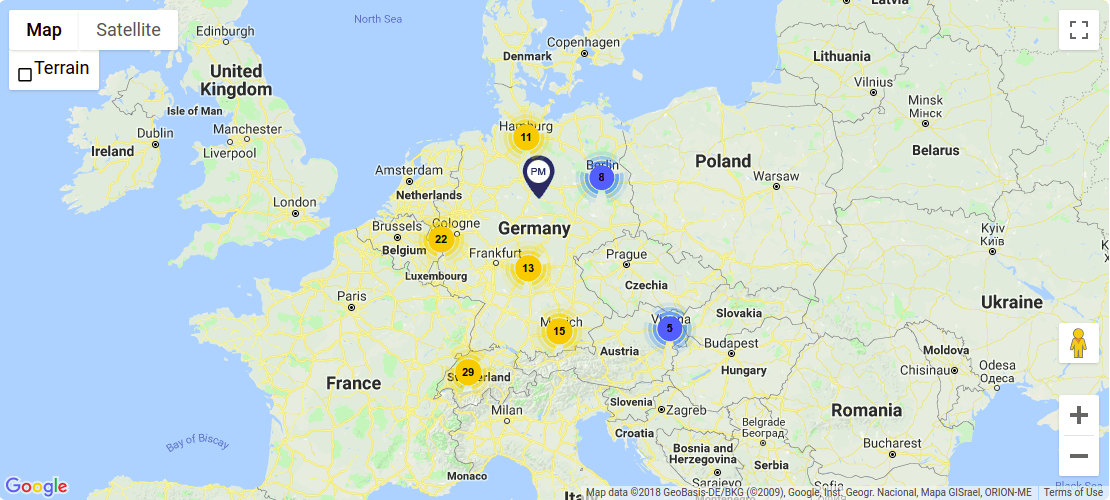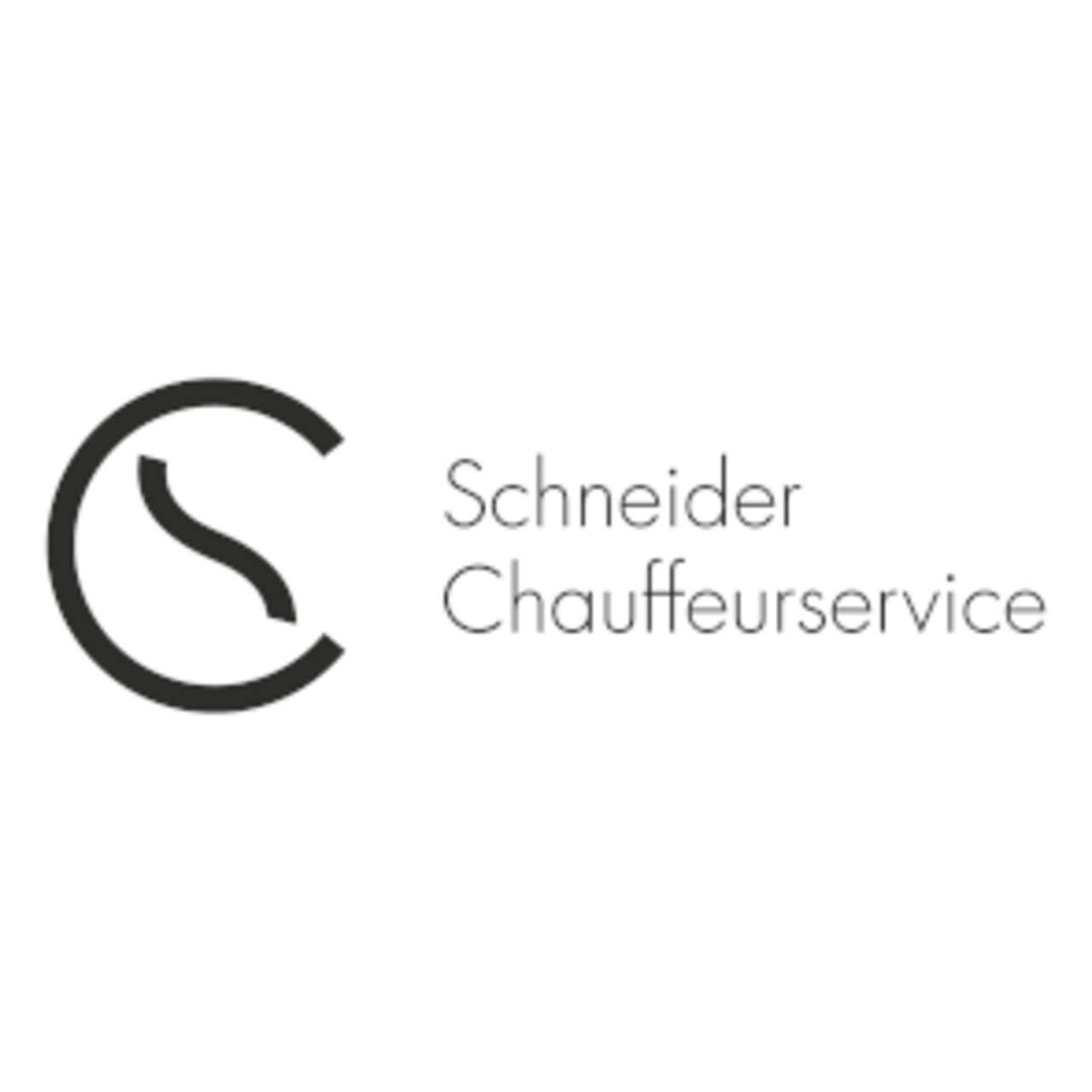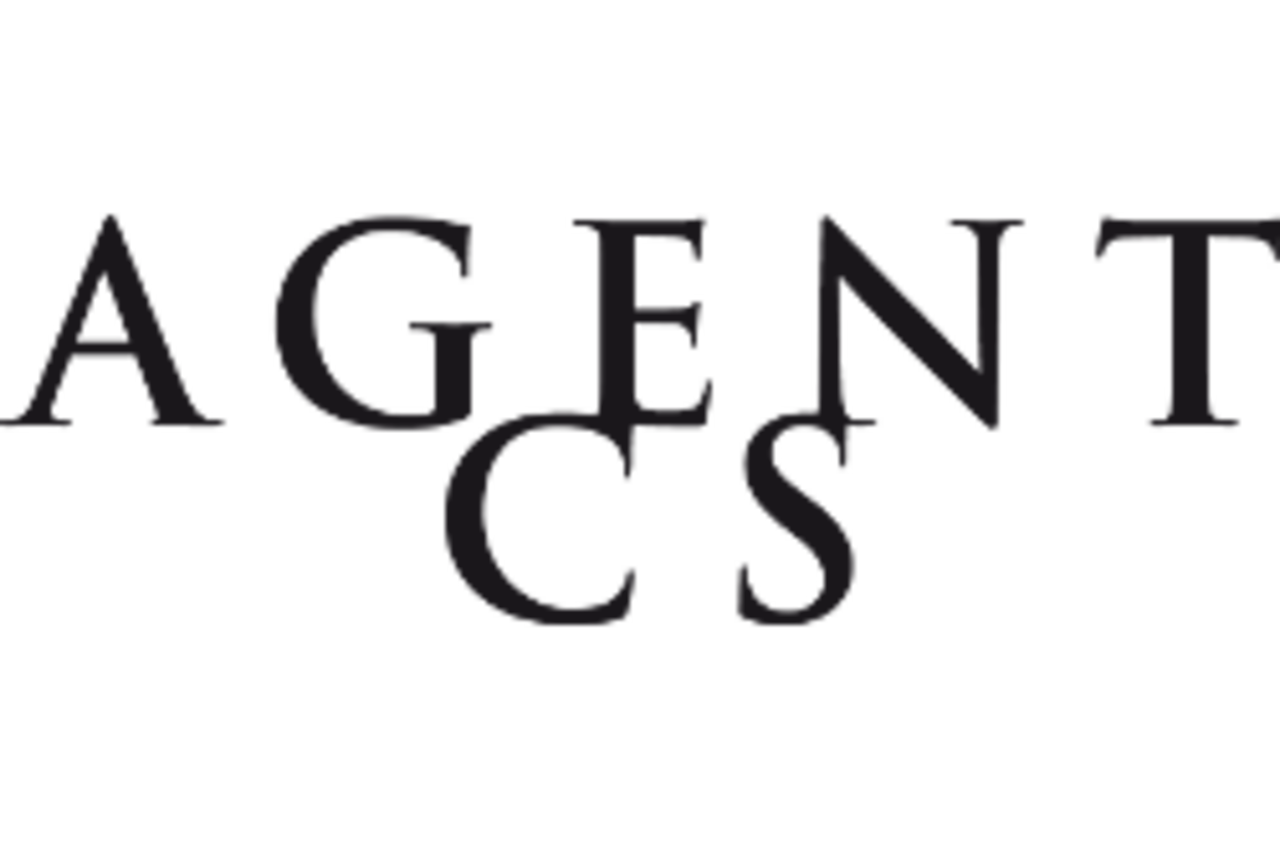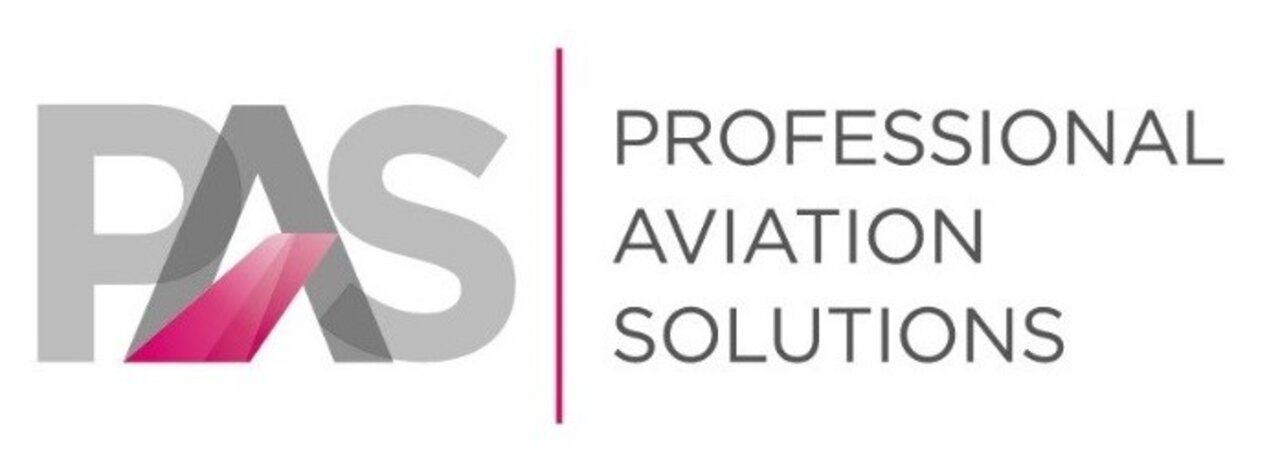Nuclear Medicine Clinic in Bern: Prof. Dr Axel Rominger
Treatment focus
- Nuclear medicine diagnostics using PET/CT and SPECT/CT procedures
- Therapy of benign and malignant thyroid diseases (radioiodine therapy)
- Therapy of neuroendocrine tumours by means of radiopeptide therapy (PRRT)
- Therapy of prostate carcinoma metastases
- Radiosynoviorthesis in the case of diseases of the joints
- Rarer procedures such as MIBG therapy and radioimmunotherapy
Contact
Inselspital, University Hospital Bern
University Clinic for Nuclear Medicine
Freiburgstrasse 18, CH-3010 Bern
P: +41 31 511 45 87 F: +41 31 632 76 63
Consultation Hours:
Monday – Friday 7:30 am – 5:00 pm

Medical Range
Nuclear Medicine Diagnostics
- Hybrid imaging using latest generation of PET/CT scanners
- FDG-PET for oncological, neurological and cardiac diseases
- PSMA-PET for prostate carcinoma
- DOTA-TOC PET for neuroendocrine tumours and meningiomas
- FET-PET for brain tumours
- Amyloid PET for diagnostic clarification of dementia
- DOPA-PET for medullary thyroid carcinomas
- Renal scintigraphy
- Skeletal scintigraphy (single-/multiphase)
- Lung scintigraphy
- Cardiac scintigraphy
- Brain scintigraphy
- Thyroid scintigraphy
- Renal scintigraphy
- Sentinel lymphnode scintigraphy
- Gastric emptying scintigraphy
- Parathyroid scintigraphy
- Inflammation scintigraphy
- Liver scintigraphy
- Adrenal medullary scintigraphy
Nuclear Medicine Therapy
- Therapy of benign and malignant thyroid diseases (radioiodine therapy)
- Therapy of neuroendocrine tumours by means of radiopeptide therapy (PRRT)
- Therapy of prostate carcinoma metastases
- Pain therapy for other skeletal metastases
- Radiosynoviorthesis for joint disease (RSO)
- Metaiodobenzylguanidine therapy (MIBG) for pheochromocytoma
- Therapy for CD20-positive non-Hodgkin's lymphoma
More Information
Card
Prof. Dr Axel Rominger is Clinic Director of the renowned University Clinic for Nuclear Medicine in Bern. The established specialist for nuclear medicine also holds the position of Chief Physician at the Inselspital Bern. Prof. Rominger's clinical and scientific focus includes nuclear medicine diagnostics using PET/CT as well as new therapeutic procedures in nuclear medicine. Due to his high level of expertise, the respected expert was appointed as a full professor at the University of Bern.
Medical and Technical Excellence in Nuclear Medicine in Bern
The range of services offered by the Inselspital Bern cover the entire spectrum of nuclear medicine – be it in the field of diagnostics or therapeutic approaches. The University Hospital in Bern is one of the leading university hospitals in Switzerland and has also made a name for itself internationally. The Nuclear Medicine Clinic in Bern is a first-class centre of excellence. This relates not only to the high professional quality of the specialists working there, but also to the technical equipment, which is of the latest generation.
The Nuclear Medicine Clinic in Bern at the Inselspital has state-of-the-art, high-end equipment at its disposal, such as PET/CTs devices and SPECT/CT devices, and works using the latest therapeutic methods in nuclear medicine. Nuclear medicine involves diagnosis and therapy using radioactive drugs (radiopharmaceuticals). It is possible to be treated at the Nuclear Medicine Clinic in Bern both as an outpatient and as an inpatient.
Nuclear Medicine: One Subject – Many Disciplines
At the Nuclear Medicine Clinic in Bern, nuclear medicine specialists, radiopharmacists, biochemists, medical physicists and top-notch MTRA specialists work closely together – not only as it comes to carrying out examinations but also in regards to the development of procedures applied. Nuclear medicine plays an important role in diagnostic imaging. It provides relevant information and additional results that other diagnostic procedures may sometimes not be able to deliver. Nuclear medicine is thus an indispensable component completing the diagnostic picture. With the aid of radioactive isotopes (nuclides), it is possible to optimally visualise biochemical and physiological processes such as metabolism and blood circulation. At the same time, these are painless procedures largely gentle on the patient. The radiation exposure is comparable to radiological procedures. The patient is also hardly exposed to physical stress during examination and treatment.
Prof. Rominger’s Treatment Focuses
As Clinic Director and Chief Physician at the Nuclear Medicine Clinic in Bern, Prof. Rominger has the highest level of expertise in all areas of nuclear medicine.
The highly specialised nuclear medicine physician Prof. Rominger places particular emphasis on the following diagnostic and treatment procedures:
- Diagnostics with hybrid techniques such as PET/CT and SPECT/CT in the field of oncology, neurology and cardiology
- Application of new radiopharmaceuticals together with our radiopharmacy
- Therapy of thyroid diseases using radioiodine
- Therapy of neuroendocrine tumours by means of radiopeptide therapy (PRRT)
- Therapy of prostate carcinoma metastases
- Radiosynoviorthesis in the case of diseases of the joints
- Rarer therapy methods such as radioimmunotherapy or MIBG therapy
One of the most important tasks of the Nuclear Medicine Clinic in Bern includes the medical application of radiopharmaceuticals in diagnostics, therapy, and science.
Nuclear Medicine Diagnostics
The radioactive drugs administered (radiopharmaceuticals and radiotracers) accumulate in organs and tissues in different concentrations. The distribution of deposited radiopharmaceuticals is visualised graphically as so-called scintigrams in nuclear medicine diagnostic.
Diagnostics with PET/CT and SPECT/CT
At the Nuclear Medicine Clinic in Bern, Prof. Rominger uses nuclear medicine hybrid methods combining advantages of both imaging techniques (PET plus CT or SPECT plus CT) for the benefit of the patient. This synergetic effect enables an extremely precise diagnosis and thus perfectly accurate, targeted treatment.
While CT (computed tomography) provides high-resolution anatomical cross-sectional images of an organ or tissue, nuclear medicine examination methods such as PET (positron emission tomography) and SPECT (single-photon computed tomography) provide highly specialised additional information. These methods are thus able to identify and visualise functions such as metabolism, blood circulation, or receptor status.
The University Clinic for Nuclear Medicine has the very latest nuclear medicine equipment at its disposal, which allows highly differentiated imaging. Thanks to this "state-of-the-art" technology, Prof. Rominger and his team are able to offer patients specialised examinations at the highest level with low radiation exposure.
Focus is placed on diagnostics in the fields of oncology (staging, restaging of tumours, especially in case of prostate carcinoma, lymphoma, lung tumours, ENT tumours, gynaecological tumours, skin tumours, tumours of the musculoskeletal system and tumours of the digestive tract and brain tumours), neurology (diagnostic clarification of dementia, movement disorders), and cardiology (heart circulation, vitality diagnostics).
Nuclear Medicine Therapy
Due to their specific accumulation mechanisms, radiopharmaceuticals can also be used therapeutically in a very targeted manner. In addition to benign and malignant thyroid diseases, the Nuclear Medicine Clinic establishes, among other things, the treatment of neuroendocrine tumours (NET) and the treatment of prostate carcinoma metastases. These nuclear medicine therapeutic options are planned on an interdisciplinary basis in close collaboration with other disciplines (including oncologists, endocrinologists, gynaecologists, surgeons, and orthopaedists) within the framework of the "University Cancer Center Inselspital" (UCI). Another focus is on joint therapy (radiosynoviorthesis, e.g., for rheumatic diseases).
Nuclear Medicine Clinic in Bern – Radioiodine Therapy of the Thyroid Gland
Another speciality of Prof. Rominger is the treatment of benign and malignant thyroid diseases. The proven nuclear medicine treatment method - known as radioiodine therapy - is not only used to combat certain forms of malignant thyroid tumours. It also serves to provide targeted treatment in case of dysfunction or enlargement of the thyroids (goitre), or for the therapy of Graves' disease. The radioactive iodine is absorbed and stored by the thyroid cells. Once entered the thyroid cells, the radiopharmaceutical releases beta radiation, which causes cell death of target tissue. In cases of pathological enlargement of the thyroid, this results in the desired degradation of hypertrophic tissues.
A big advantage of this treatment is the extreme low existence of side effects – because only thyroid cells are able to absorb the radioactive iodine. Orally ingested radioiodine, which has not been stored in the thyroid gland, is naturally excreted from the body via kidneys and urine. Healthy cells remain largely unaffected.
Radio Peptide Therapy for Neuroendocrine Tumours
Neuroendocrine tumours (NET) are rare tumours most commonly occurring in the stomach, intestinal tract or pancreas. Radiopeptide therapy of neuroendocrine tumours opens up a promising new treatment option in addition to conventional standard therapies (surgery, local treatment methods, biotherapy (sandostatin/interferon) chemotherapy). The therapy’s aim is to delay progression of tumours or metastases. A reduction of disease-related symptoms and complaints is possible as well.
Therapy for Metastatic Prostate Carcinoma
Radium-223 therapy for skeletal metastases
Prostate carcinoma is the most common type of cancer in men. In Switzerland, more than 30,000 men contracted prostate cancer in the years from 2011 to 2015. This corresponds to an incidence of 115 illnesses per 100,000 citizens. Bone metastases occur frequently over the course of the disease, and the associated pain symptoms can severely impair a person's quality of life.
In this context, nuclear medicine therapy can help maintain the quality of life through pain relief. In addition, patient studies have shown that treatment with radiopharmaceuticals can also increase survival time [Alsympca study, Parker C. et al, N Engl J Med].
The therapy is performed on an outpatient basis and usually consists of 6 therapy cycles, which are repeated at monthly intervals.
PSMA Therapy in Bern
PSMA therapy is performed for metastatic, castration-resistant prostate carcinoma. PSMA (prostate-specific membrane antigen) is a transmembrane receptor with portions on cell surfaces typically significantly overproduced on prostatic carcinoma cells. In nuclear medicine therapy, ligands of PSMA are loaded with a therapeutically radioactive metal (usually Lutetium-177) and injected into the bloodstream. From there, it is transported to all foci of the prostate carcinoma producing PSMA. The radioactive ligands subsequently dock onto the PSMAs and are subsequently transported to the interior of the prostate carcinoma cells, where they accumulate strongly. The carcinoma cells are thus locally irradiated by shrinking in about 1/3 of cases, or at least, their growth is slowed down for a certain period of time (1/3 of cases). However, in approx. 1/3 of instances, there are no satisfactory therapeutic results.
The therapeutic radiation of the PSMA ligands reaches only a few millimetres into tissue cells. Therefore, tissues surrounding the tumour are only exposed to radiation to an insignificant degree. As a result of PSMA therapy, quality of life can improve significantly, and thus life expectancy be increased. However, as with many metastatic cancers, a complete cure is usually not expected.
Whether or not a patient is eligible for PSMA therapy must first be determined by means of appropriate imaging approaches (PSMA-PET/CT). Generally, 4 - 6 therapy cycles are then carried out at intervals of 6 - 8 weeks. PSMA therapy has to take place on an inpatient basis.
The current status in Switzerland: PSMA therapy for the treatment of castration-resistant, metastatic prostate carcinoma with Lutetium-177 was approved by Swiss authorities in December 2018. Because of delivery difficulties due to producers’ licencing problems, the radiopharmaceutical is sadly not yet currently available for routine clinical practice throughout Switzerland. If this status changes in any way, we will inform here. If you have any questions, you can always confidently consult Prof. Rominger and his crew. The team consists of experts with many years of international experience in the field of PSMA diagnostics and therapy.
Radiosynoviorthesis – Nuclear Medicine for the Joints
Patients with chronic inflammatory joint disease can benefit from this nuclear medicine procedure. Although radiosynoviorthesis cannot lead to a cure, it can nevertheless significantly alleviate the pain associated with joint inflammation.
During therapy, Prof. Rominger uses a fine needle to inject a radioactive substance directly into the affected joint. The introduced radiopharmaceutical substance spreads throughout the joint – thus the synovial membrane affected by the inflammation is irradiated. By causing a decease of inflamed tissues, Prof. Rominger initiates a regeneration of the synovial membrane. In most patients, the inflammation can thus be kept restrained for a long period of time. The significant pain reduction gives those affected back some of their quality of life.
Nuclear Medicine Clinic in Bern – Empathy for the Patient
Thousands of patients are treated at Bern's Nuclear Medicine Clinic each year, some with serious illnesses. For Prof. Rominger, personal contact with ailing people is of particular importance.
At the University Clinic for Nuclear Medicine, the patient is at the center of joint work. He will receive highly qualified medical care based on human affection and empathy from the entire treating team, whether doctors, radiology technicians or nurses. The needs of patients of all ages, regardless of gender, nationality, world view, confession or social status, are of the highest priority. At the same time, their autonomy is respected and taken into account. Herby taken into account is the best possible status of knowledge nuclear medicine has to offer including available possibilities of individual treatment. Medical care is provided according to all facets of "best practice".
Further information can be found on Prof. Dr Axel Rominger's website.
Curriculum Vitae
Education
| 10/1997 – 11/2004 | Studies in Human Medicine, Albert-Ludwigs-University Freiburg, Germany Degree: MD |
Scientific Degrees / Board Certification
| 2017 | Master in Health Business Administration (MHBA) at Friedrich-Alexander University Erlangen-Nuremberg, Germany |
| 2015 | Adjunct professorship, LMU Munich |
| 2014 | Vocational studies in "Computed Tomography" |
| 2011 | Habilitation (Venia legendi) in Nuclear Medicine, LMU Munich (Advisor: Prof. Dr P. Bartenstein) |
| 2011 | Board certification for Nuclear Medicine |
| 2011 | Vocational studies in "Nuclear medicine, including endovascular radiotherapy" |
| 2004 | Doctoral Thesis in Human Medicine at Albert-Ludwigs-University Freiburg (Advisor: Prof. Dr T. Feuerstein) |
Professional Development (Post-University Degree)
| 04/2018 – present | Full Professor for Nuclear Medicine at the University of Bern, Director and Chairman at the University Hospital Bern, Switzerland |
| 06/2013 – 03/2018 | First Consultant and Vice Director of the Department of Nuclear Medicine, Ludwig-Maximilians-University Munich, Germany (Director: Prof. Dr P. Bartenstein) |
| 03/2012 – 03/2018 | Head of Neuropsychiatric PET Imaging, Department of Nuclear Medicine, Ludwig-Maximilians-University Munich, Germany |
| 09/2011 – 03/2012 | Fellowship MRI, Radiological Institute, Ludwig-Maximilians-University Munich, Germany (Director: Prof. Dr M. Reiser) |
| 08/2007 – 09/2011 | Residency in Nuclear Medicine, Department of Nuclear Medicine, Ludwig-Maximilians-University of Munich, Germany |
| 02/2005 – 08/2007 | Residency in Neurosurgery, Albert-Ludwigs-University Freiburg, Germany (Director: Prof. Dr J. Zentner) |
Scholarships and Awards
As group leader/advisor:
| 2016 | Travel Scholarship of the Japanese-German Radiological Association (JGRA): Research Elective at Kinki University Osaka, Japan |
| 2016 | Award for the Best Medical Thesis of the Medical Faculty, Ludwig-Maximilians-University Munich (Dr Matthias Brendel) |
| 2015 | Steinberg-Krupp Alzheimer Award of the "Deutsche Hirnliga e. V." (Dr Matthias Brendel) |
| 2015 | Young Investigator Award (Neuroscience) of the Society of Nuclear Medicine, Baltimore, USA (Dr Matthias Brendel; 1st place) |
Personally:
| 2013 | Poster Award at the German Society Meeting, Bremen |
| 2012 | Young Investigator Award (Neuroscience) at the Society of Nuclear Medicine in Miami, USA |
| 2011 | Covidien Award, received at the German Society Meeting, Bregenz, Austria |
| 2011 | Award of the German Society of Nuclear Medicine, received at the German Society Meeting, Bregenz, Austria |
| 2010 | Travel Award at the Society of Nuclear Medicine in Salt Lake City, USA |
| 2009 | Young Investigator Award (Cardiovascular) at the Society of Nuclear Medicine in Toronto, Canada |
| 2008 | Young Investigator Award at the 3rd Congress of Integrated Biomarkers in Seattle, USA |
| 2003 | Scholarship of the Erwin-Riesch Stiftung for Research Fellowship at Harvard Medical School |
Team
- Prof. Dr Ali Afshar-Oromieh
Deputy Clinic Director - Dr Swantje Engelbrecht
Senior Physician - PD Dr Thomas Pyka
Senior Physician - Sabine Weidner
Senior Physician - PD Dr Hendrik Rathke
Senior Physician - Sigrid Seibel
Senior Physician - PD Dr Federico Caobelli
Senior Physician
Extras
- Insel International Center (IIC): administrative and organisational support for international patients; individual care by patient managers for questions regarding costs or treatment; provision of interpreters, transport to facilities, visas, and hotel accommodation for accompanying family; tourist offers
- 1 to 2-bed rooms with TV, telephone, radio, and Wi-Fi throughout the entire clinic
- Availability of a bank, post office, hairdresser, kiosk, and several restaurants
- Catholic and Reformed chapel, spaces for silence
- Nursery at the University Hospital for patients’ and visitors’ children
- Counselling
Facilities at the Therapy Station for Nuclear Medicine
(single and 2-bed rooms)
- Seating area with table for dining, working, etc.
- Own shower, lavatory, and washbasin
- Flats-screen television
- Telephone
- Unrestricted functionality of mobile phones
- Free Wi-Fi
- Adjustment options for occupation supplies or devices and other items
Transport Connections
| Bern Railway Station | 1 km |
| Bern-Belp Airport | 10 km |
| Basel Airport | 106 km |
| Zurich Airport | 129 km |
| Geneva Airport | 152 km |
Information about Bern
The Swiss federal city of Bern is also the capital of the canton of the same name, making it the largest administrative center in Switzerland. Bern is in the greater Espace Mittelland region or, in colloquial terms, simply in the Mittelland. The Federal Palace in Bern is home to the Swiss parliament and government. The river flows around Bern's old town on both sides of the Aare. High bridges over the Aare create a connection to the other parts of the city.


